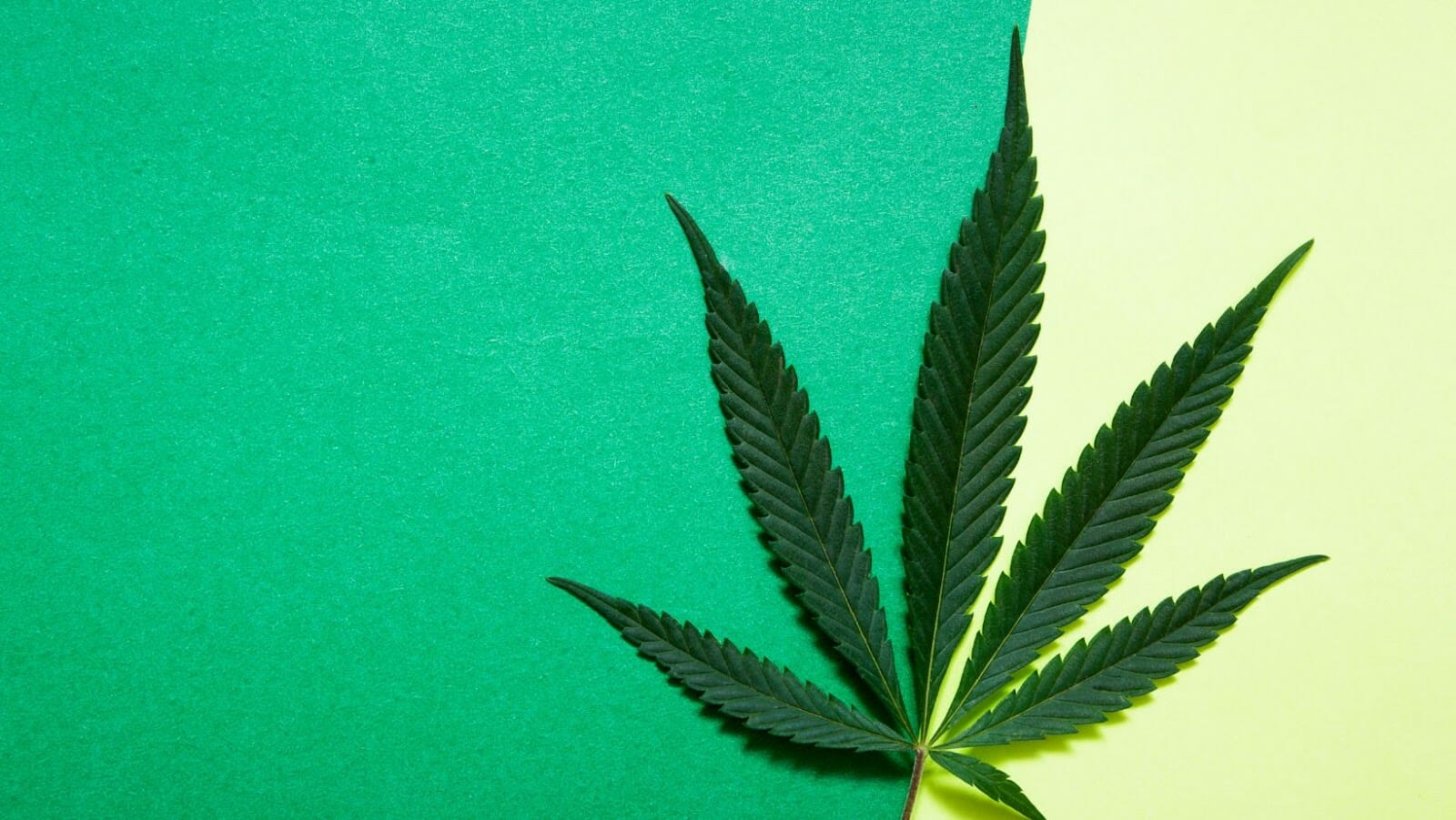Even though weed is still considered illegal in sports, CBD was recently removed from the prohibited list. Considering the effects of CBD on athletes, the future looks bright for other cannabinoids in sports.
Worldwide support for marijuana has been gaining traction over the past couple of years. An increased number of states have been legalizing the recreational and medicinal use of the drug. An increase in users has followed this legalization, including among athletes. If you look at some articles found at Askgrowers.com you will see a rise in the inquiry on the appropriateness of using weed in sports. Even strains are advocated for athletes for both medicinal and recreational uses.
Now, why is weed illegal in sports? In matters of legality, WADA has put down clear restrictions that can even lead to the disqualification of an athlete. Researchers and marijuana activists feel quite differently. Many argue that weed should be removed from the list of prohibited drugs. The main question remains on whether using cannabis in sports is ethical.
WADA’s Prohibition of Marijuana in Sports
In conjunction with WADA, the United States Anti-Doping Agency (USADA) stipulates three main grounds for a drug to make its debut on the list of prohibited substances. To begin with, the drug has to be said to be a performance-enhancing drug. Second, the substance must violate the sports spirit, which can be taken to mean fair competition. Lastly, the substance should harm the athletes’ safety and health. Though a substance may not qualify for all three, the organization views fitting into any two as reasonable grounds for prohibition.

In analyzing cannabis and sport, David McDuff, a sports psychiatrist, and professor at the University of Maryland, states that cannabis acts more as a performance detractor than a performance enhancer. McDuff continues to point out that marijuana reduces mental alertness and motor activity, hindering maximum athletic performance. Amidst the same claims, he is also keen to show that ample research is still lacking to connect weed to some of the effects.
Focusing on the other two grounds for prohibition, experts feel that cannabis has adverse effects on athletes’ health and the spirit of sports. In matters of health, it is solely concerned with the impacts of long-term use and the mode of using the drug. For instance, smoking joint blunts and spliffs has been shown to undermine general health. It compromises the lungs as well as predisposes the user to cardiovascular diseases.
Regarding the spirit of athleticism, the main argument is that the drug is still illegal in many countries. Also, there is believed to be a risk when athletes play under the influence, which could harm others on the field.
Legalization of Cannabis and What it Means for Athletes
State legalization of marijuana has been on the rise for the last decade or so. The result of the same has been increased drug use, as mentioned. This legalization also has, in a way, affected athletes because the drug is now readily available, and they can use its off-season with no consequences. The only problem lies with in-season use.
While looking at pot’s legal status, it is essential to note that CBD was removed from the WADA prohibited list in 2018. What precipitated the removal was the passing of the 2018 Farm bill that allowed farmers to grow and sell hemp commercially. Since CBD is a significant component of the plant, it became federally legal to buy and sell one of the primary cannabinoids.
Following the same, marijuana activists have been arguing that some of the ‘sport enhancing’ effects of using weed result from CBD. These effects include a reduction of anxiety, an increase in focus, doing away with stress, pain management, and the like. All these are attributable to CBD’s anti-inflammatory effects, which leads to the question of why THC should be banned, yet CBD is legal.

Should Athletes Use Marijuana?
Sadly, the answer to this question is determined by the WADA list and the leagues in which the athletes are playing. WADA is strict on implementing the prohibition of cannabis. They recently held a conference in 2022, and the result was that marijuana would stay on the list. The basis of the conference was to examine some of the drugs and substances on the list, and activists were hopeful cannabis would be removed.
Their central claim was that regardless of whether or not it was a performance-enhancing drug, it was still in violation of the other two grounds for prohibition. Irrespective of their ruling, some sports leagues are less strict regarding prohibiting cannabis use. Most of them allow for medical cannabis for sport which needs to be ascertained with a doctor’s prescription.
Others, such as the National Hockey League, do not test for weed use as sporadically as expected. For athletes, it is always advisable to learn the league rules before using any cannabis substance with THC and other cannabinoids that are not CBD.
Conclusion
From an ethical perspective, using marijuana can be seen to be both wrong and right. On the one hand, it doesn’t improve individuals’ performance, which is a good thing. On the other hand, it can undermine performance, risking other people’s lives in the same field. WADA feels strongly about cannabis use because it ticks two of its three grounds for substance prohibition. Ongoing research hopes to show no adverse effects from its use and may result in the ethical use of cannabis in sports.









